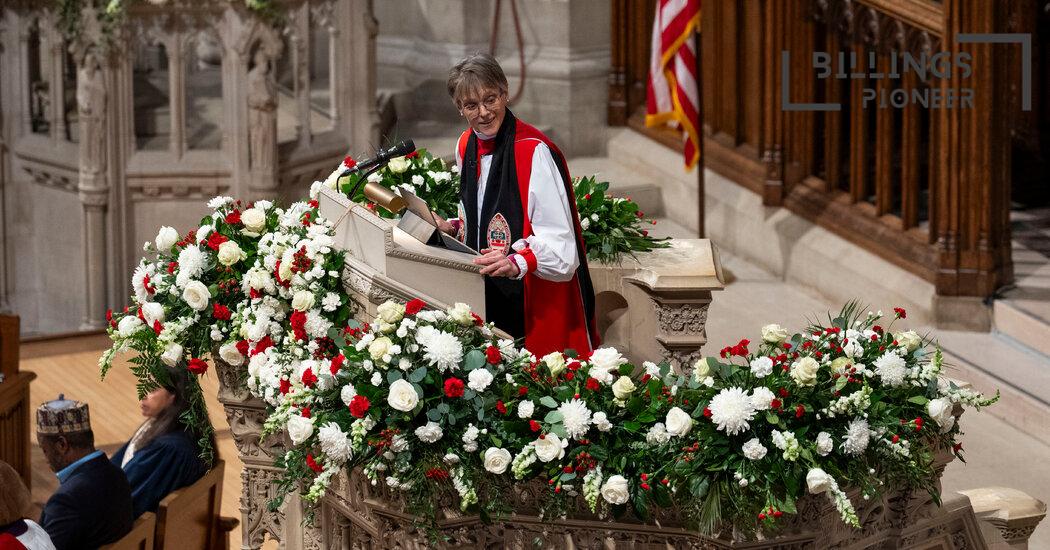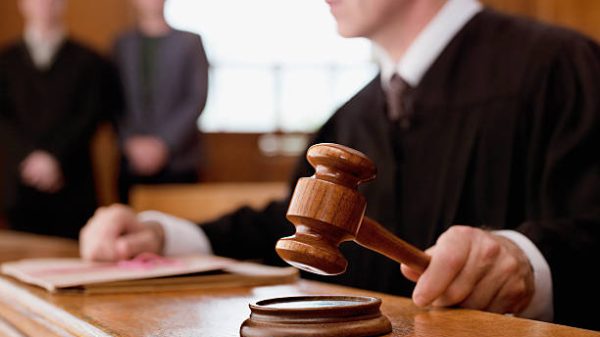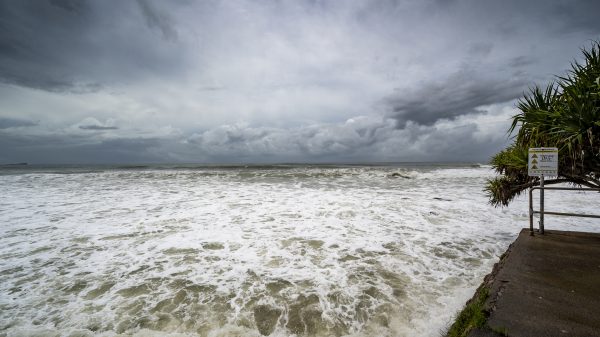At a recent prayer service held at the National Cathedral in Washington, D.C., Bishop Mariann Edgar Budde took a courageous stand, directly appealing to President Donald Trump for compassion towards marginalized communities, including immigrants and LGBTQ individuals. The heartfelt plea came during a service that has become a focal point for discussions about faith, politics, and the treatment of vulnerable populations in America.
Background on Bishop Budde
Bishop Budde, who has been leading the Episcopal Diocese of Washington since 2011, is the first woman to hold this esteemed position. Her journey in the church began decades ago when she served as rector of St. John’s Episcopal Church in Minneapolis for nearly 20 years. Throughout her career, Bishop Budde has been recognized for her dedication to social justice and her advocacy for those in need.
Confrontation with the President
During the prayer service, Budde addressed Trump while he was seated in the front row. She spoke passionately about the fears faced by many in the LGBTQ community and undocumented immigrants, reminding the President of their humanity. Trump, who had just issued several executive orders targeting immigration and gender identity policies, responded to Budde’s sermon on social media, calling her a “Radical Left hard line Trump hater,” and described the service as “boring and uninspiring.” This exchange between church and state has stirred a significant conversation about the role of faith in political discourse.
The Church’s Stance on Marginalized Groups
Bishop Budde’s message was not just a critique of Trump’s policies but also a heartfelt call for empathy. She emphasized that everyone deserves to be treated with dignity and respect, regardless of their background or identity. In her sermon, she specifically mentioned the contributions made by undocumented immigrants to American society, highlighting the importance of kindness and understanding.
Backlash and Support
In the aftermath of Budde’s comments, some of Trump’s supporters called for her to apologize or even face deportation, illustrating the divided opinions on such matters in the current political climate. However, many have come forward to support Budde, praising her for speaking out on behalf of those who often feel ignored or marginalized. Representatives and leaders from various communities have stood in solidarity with her call for compassion, further showcasing the importance of dialogue between faith and politics.
Historical Context
This isn’t the first time Bishop Budde has found herself in a contentious situation involving President Trump. She has previously criticized Trump’s actions and rhetoric, particularly during his first term, indicating a pattern of disagreement that reflects broader societal tensions. The Bishop’s unwavering commitment to advocating for the sidelined continues to shine through, making her an important figure in ongoing discussions about justice and equity.
Looking Ahead
The events from the prayer service illustrate just how intertwined religion and politics can be. Bishop Budde’s appeal for mercy resonates deeply in today’s climate, where many are calling for greater empathy and understanding amidst division. It raises important questions about how leaders of faith can engage with political environments and urge compassion for those who feel vulnerable. As the conversations continue, Bishop Budde’s voice will likely remain a significant part of the dialogue on mercy, justice, and humanity.
| Bishop Budde’s Key Contributions |
|---|
| First woman leader of the Episcopal Diocese of Washington |
| Advocate for social justice |
| Preached for mercy towards marginalized groups |
| Served at St. John’s Episcopal Church for nearly 20 years |











